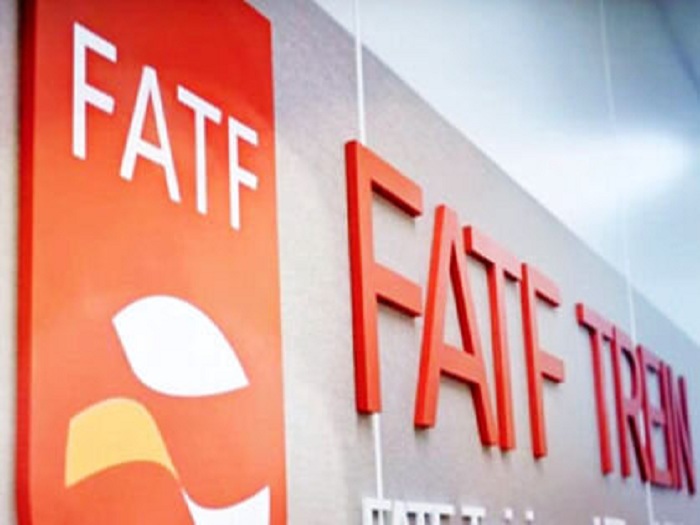Failure to join the FATF was financial suicide

"Not joining the FATF is actually a financial suicide," said a capital market expert.
According to Iran's International Stone Exhibition, Abbas Hashi said about the country's impact on the FATF blacklist: "This decision will definitely have negative consequences for our economy because our economy is oil-based and the export currency is always spent on imported goods. Is. Of course, this is not the case with the current government, and it has always been in the history of our economy, and governments have not sought to reduce ownership and dependence on oil.
So, in a situation where not only oil revenues but also part of other foreign exchange earnings are spent on commodity imports and some form of currency exchange, not joining the FATF is actually a financial suicide. It should be noted that it was ratified by the parliament and the government agreed to it, as well as the President's announcement that the leadership was not opposed, so refusing to join the FATF is a political decision.
"With the financial collapse and the devaluation of the national currency, some investors will definitely be looking to enter the gold, dollar and commodity markets, and another that won't be able to capital market," the university professor said. They choose.
He added: "When the price of an imported product, for example, triples, the value of the company multiplies, the sales price goes up and everyone expects to make more profit." On the one hand, they are looking for a tax-free market. So given the circumstances, the stock market is the best market.
"Everybody believed that the price was bubble," the economist said, before the FATF issue had fallen for real shareholders to buy. It should be noted that the increase in stock market investment should be injected to firms in the form of working capital, which is said to be the primary market in our country, with more than 2% of the secondary market. That is, someone who enters the market buys shares from another person, which means speculation on our stock exchange.
He noted: It should be noted that the number of companies and their stocks in our stock market is limited and naturally, as demand rises, prices rise. But our governments have learned to say that this is their policy, while our capital market is not even 2% of the country's GNP.
He noted: In many of our companies, the majority of the shareholders are constituents, holdings and governments, which have been rumored to raise and lower the price. Look at the companies that once lost their stock, for example, to seven or eight thousand tomans. Raising capital from fixed assets is both a tool for reforming the financial structure and creating a new stake in the secondary market.
Hashi continued: In all of the world's free stock exchanges (the absence of major government, private, institutional and institutional shareholders ...) and supervisory oversight are the most important. The determination of the stock price of audited financial statements (supervised by the public auditors) is the first word. Unfortunately, under the current circumstances, the practice of independent public auditing has almost marginalized the development of government auditing.
"Unfortunately, the financial statements are no longer relevant," he said, "but any private auditor who independently writes the facts in the restraint and report them quietly. More than 2% of the market is government owned, private, so state auditing comes first.
The economist said that as the index of praise for the government's economic team begins to grow, he added: "In the matter of unauthorized banks, the government said in response to depositors unless we told you to make a deposit, now even if the stock falls Will answer. But they have forgotten that the lack of support and encouragement is the result of incorrect implementation of economic policies by some government officials and executives and the neglect of representatives (the task of monitoring good law enforcement).
* Ilna










